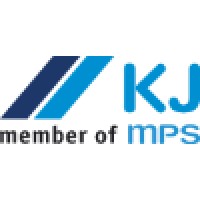
Standard Bearings
Our growing company produces and distributes high tech electro/mechanical systems to major manufacturing and maintenance companies in a variety of industries. Standard Bearings, a division of Weimer Bearing & Transmission, is a privately held, forward thinking, progressive company with 26+ locations in 9 states. Our products include mechanical power transmission, electrical motion control, material handling and fluid control products. We also offer in-house engineering support, complete machining and fabrication services, as well as product repair and custom tailored inventory solutions.






